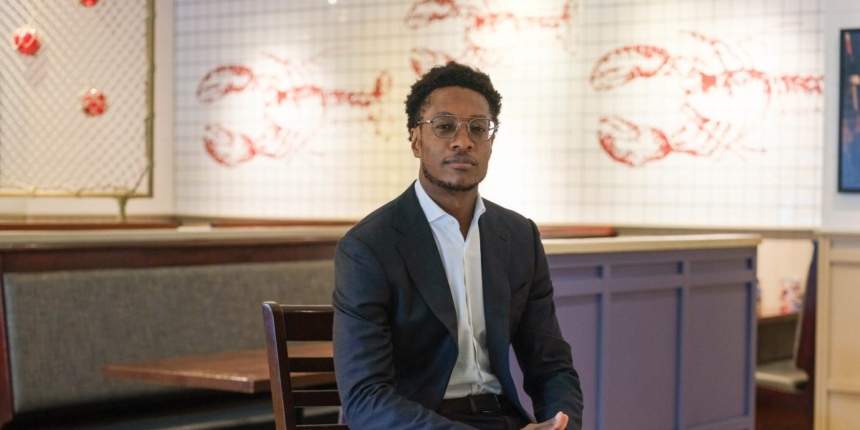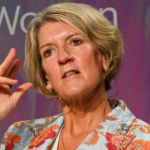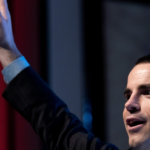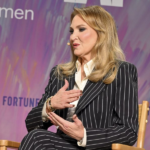“I thought we could do a lot of new things with it. We could add delivery, we could remodel the restaurants. We could make it more interesting,” Adamolekun said. The deal was successful—until the pandemic hit, wiping out restaurant and retail businesses. The P.F. Chang’s CEO even stepped down during COVID, and Adamolekun had to “rescue the situation,” he said.
So, needless to say, Adamolekun is steering clear of any future bottomless-shrimp promotions in the future. Instead, he’s focused on revamping the seafood chain’s menu.
For now, Adamolekun has implemented small changes, like changing up the music diners listen to while at the restaurant.
“We fix the things we can fix quickly,” he said during the podcast. “The music is better.”
The restaurant chain has also printed market prices for lobsters on table liners, and will continue to implement “small things you can do now.”
“But comprehensively there needs to be a remodel…and that’s something that we’ll do in the future, I think,” Adamolekun said.
Another cost-effective way the restaurant chain is making incremental improvements is through service and hospitality changes. Service workers are expected to greet guests more quickly and be more attentive.
And Red Lobster has already seen tangible improvements from service changes. The restaurant chain tracks a sentiment score, which is a net positive versus negative sentiment, Adamolekun explained, or what people are saying is good versus bad at Red Lobster. The sentiment score was only 30 when he first took over, but last month it had doubled to 60, Adamolekun said during the podcast.
“When you go to Red Lobster next, you’ll see it’s going to feel different,” Adamolekun told The Breakfast Club.









